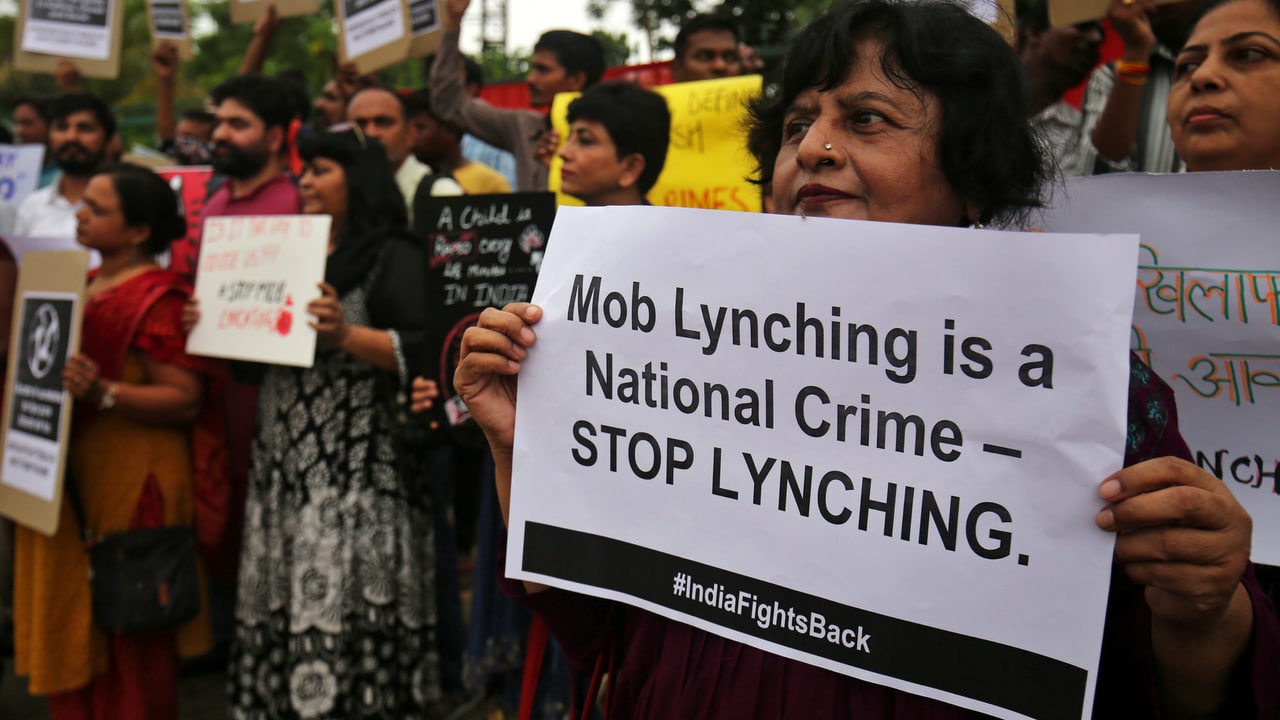A general election in India, the world’s most populous democracy, seems a theoretical impossibility. Collecting the votes of nearly a billion people across a staggeringly diverse subcontinent has for more than half a century faced challenges of logistics, politics, economics, violence, and law. This year, a new challenge has arisen in the form of social media – specifically the text messaging app WhatsApp, owned by Facebook. Hate speech, disinformation and scary rumours on the platform are already responsible for violence and deaths in India. I have been studying the impact of the internet on Indian political, cultural and social life for the better part of two decades. Under the strict protocols of the Election Commission of India, voting has proved one of the more robust signs of Indian democracy. Voters turn out in large numbers, particularly the poorer segments of the electorate, making the process and its results a fascinating study and experiment in Indian politics. The 2019 parliamentary elections, now underway, will show how social media affects Indian democratic life. They will also provide additional information about the nature of technological threats to democracy in general. [caption id=“attachment_6472211” align=“alignnone” width=“1024”]  Representational image.[/caption]
Indian social media in 2014
Two years before
Russian troll farms infiltrated Facebook in an attempt to
tilt the 2016 US presidential election, social media played a critical role in Indian politics. It helped the Hindu nationalist Bharatiya Janata Party and its
hard-line candidate for prime minister, Narendra Modi, come to power, though in a different way than the US experienced. In India, the Bharatiya Janata Party ran a
formidable social media campaign on Facebook and, to a lesser extent, Twitter. The party’s online efforts complemented and supplemented its equally well-orchestrated campaign on the ground. The Bharatiya Janata Party’s trained social media teams, and a veritable army of enthusiastic volunteers, ensured that the
party’s online presence was much more active than its rivals. The Bharatiya Janata Party’s information technology group, as well as the party’s supporters,
exploited the political power of social media. They unleashed an often abusive barrage of criticism at the Congress Party, then-incumbent Prime Minister Manmohan Singh and other Bharatiya Janata Party opponents.
Threats of violence
Online, the Bharatiya Janata Party’s volunteer army of internet trolls blurs lines between troublemakers, genuine supporters and party officials. Their collective intensity, especially about Hindu nationalism, has put everyone on edge about violence – including social media platforms, law enforcement officials and ordinary citizens. The danger is real. By one count, the use – or misuse – of WhatsApp has already resulted in 30 deaths in India. Many of these are not political events, but rather because of fear of outsiders spread through WhatsApp messages carrying fabricated warnings about strangers allegedly coming to rural communities to kidnap children. It’s not clear yet whether WhatsApp’s remedial measures, such as **blocking users from forwarding any single message more than five times** , will effectively counter the dissemination of dangerous and fake information. Earlier restrictions – including limiting forwarding to 20 times – did not. [caption id=“attachment_5191121” align=“alignnone” width=“1280”]  Representational image. PTI[/caption]
Getting benefits but avoiding responsibility
Of course, media technologies do not make anything happen by themselves. Their effects depend on how they’re used. In the Indian context, Modi’s Bharatiya Janata Party-led coalition government and its digital allies have legitimised an unusually high degree of bigotry and virulence against minorities, particularly Muslims and the members of the lowest caste, called Dalits. As a result, it’s easy for party members and social media volunteers to use digital platforms like WhatsApp and Facebook to inflame sectarian sentiments. In the run-up to the election, they have created a climate of general distrust, fear and paranoia in which disinformation cannot be distinguished from credible facts. My own research, explained in my forthcoming book, suggests that the decentralized nature of online networks has allowed the Bharatiya Janata Party government to benefit from hateful and violent messages sent out by other hardline Hindu nationalist groups while being able to avoid accountability or responsibility for those messages. It also enables the Bharatiya Janata Party to benefit politically from religious violence while at the same time diverting blame to WhatsApp or Facebook. These developments in India raise deeper questions about the nature of social media communications. In particular, these abuses of social media may cause people to rethink the relationship between free speech – including forwarding messages from others – and violence. The outcome of the Indian election will be just one signal of how one society is beginning to wrestle with how new technologies are letting people reshape their lives. The author, Rohit Chopra, is an Associate Professor of Communication, Santa Clara University This article is republished from The Conversation under a Creative Commons license. Read the original article.


)

)
)
)
)
)
)
)
)



